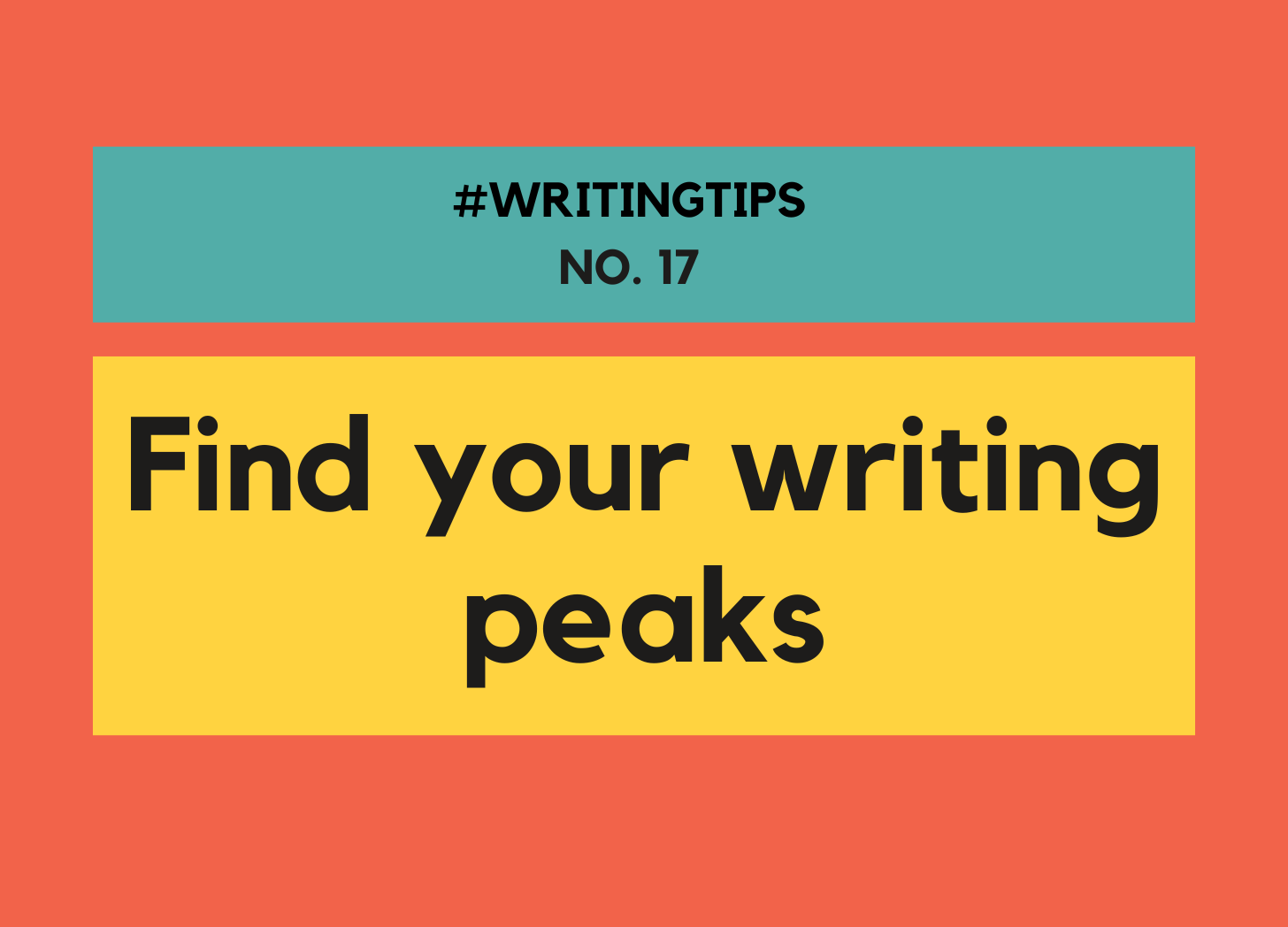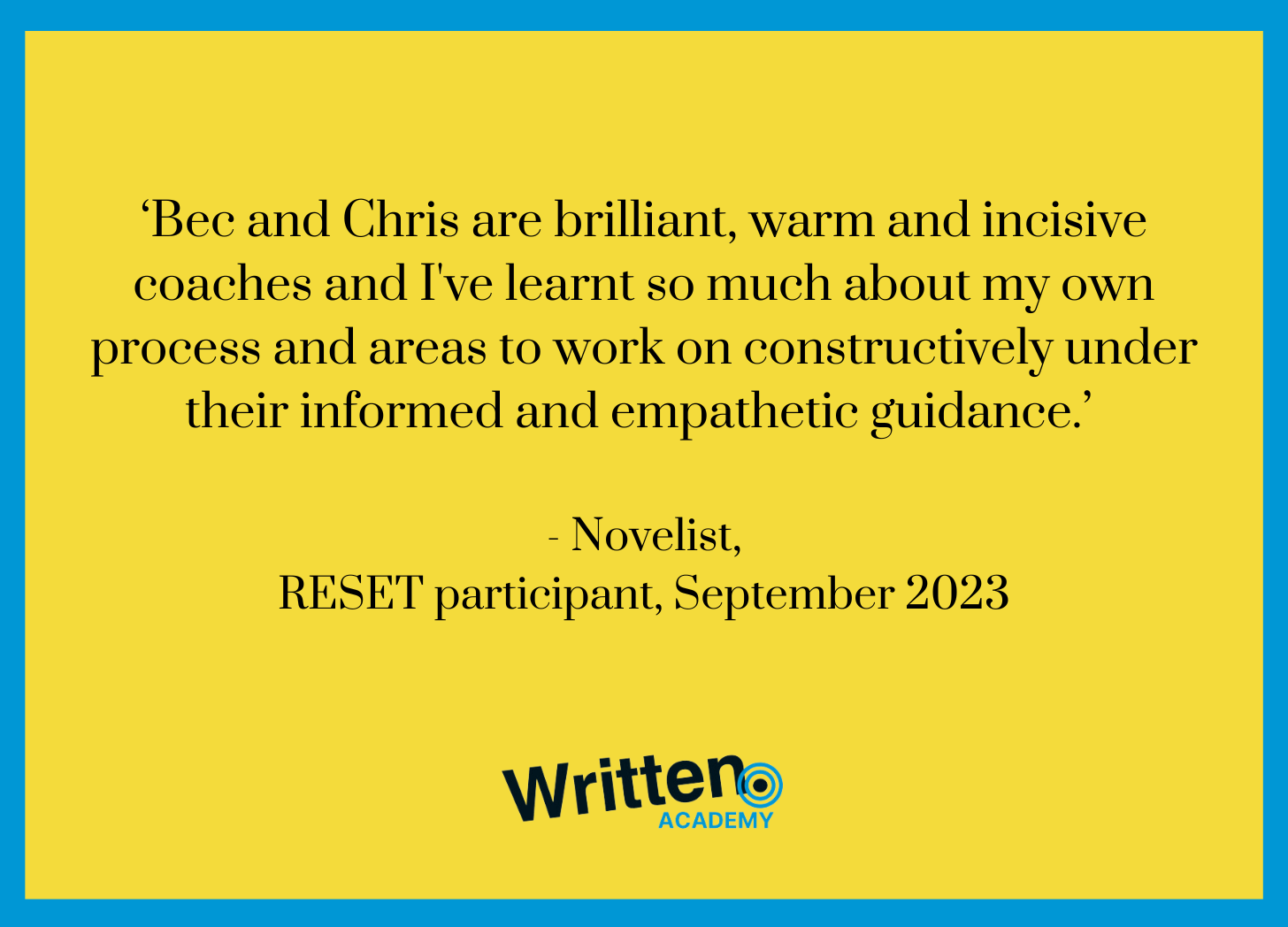Tip 17: Find your writing peaks at the end of year
What writers can learn from colonoscopies (yes, you heard me right), and why we need to seek out good things to wrap up a year of writing.
Dearest writing friends
As the year draws to a close, it’s the perfect time for us to embark on a journey of reflection together, celebrating the crescendos and contemplating the finales that have shaped our writerly adventures.
To be honest, I’m not really feeling it myself.
There is no polite way of putting this, but December feels like the arse-end of a year. So today’s tip is how people’s experience of colonoscopy can help your writing.
Noticing good things
Earlier this year I shared my daily routine of noticing good things. Since I started this practice in 2017 I have amassed nearly 7,000 good things. It’s a form of cognitive reframing popular in positive psychology and practised by Pollyanna-ish types like me. It counters the evolutionary negativity bias humans have developed in order to survive.
Read: The power of noticing good things
In it, I mentioned research from Nobel-prize winning professor of psychology Daniel Kahneman called the ‘peak end effect’. Delving further, I found that this rule was based on a study of colonoscopies, something even Pollyanna’s irrepressible optimism would struggle to find positive.
The peak end effect
This psychological principle was studied by Kahneman and his colleague Donald Redelmeier in a series of rather uncomfortable experiments.1 Having hit upon colonoscopies as being particularly unpleasant they decided to repeat the procedures to investigate further.
They found that people judge an experience based on how they felt at its most intense point - the peak - and at the end. Rather than being able to evaluate the average or sum total of an experience, it flattens our memory creating more of a snapshot. While the peak could be either a good or bad experience, our negativity bias often means means we remember the low points.
If like me you are reaching the end of year having failed to meet a writing goal, you might be feeling pretty low. If I focus on that, I forget the good things, or even the average experiences, that have happened. If I look harder, there’s lots more: I had a book published in January, I worked consistently on my novel in my spare time, and with Chris we wrote a weekly newsletter on Substack then added in a second weekly edition with our tips.
Wrap up your year of writing
As I wrote previously:
“If we follow our brain’s natural instinct to remember the negative, then over time that’s what our memories will be made of. Consider your memory to be like a camera in that it will only capture what you focus on. The good news is that we can change that focus, it just takes a little effort.”
If you’re up for a little effort, look back at your year of writing.
Find your peaks. Did you hit any milestones? Were there any breakthroughs? They could be new ideas or working your way through a block. What would you like to celebrate - it doesn’t have to be an output, it could be a practice, a new way of working.
Focus on the end. You might have fallen short of your goals but there’s still time to finish positively and wrap up the year. What can you do, right now? How can you connect with your writing project? Remember - it can be in a very small way.
We’ll be back in your inbox on Wednesday for our final newsletter of the year. In the meantime, I’d love to hear what writing snapshots you’d like to remember from the year or tell us how you’d like to add this psychological principle to your writing sandbox.
Keep going,
Bec
Catch the bird before it goes
If you’re interested in a place on January’s writing RESET course, the early bird offer closes today at 11.30 pm GMT. Simply pop in the discount code earlybird20 when you check out to get 20% off. Find out more here.
All our tips in one place
If you like this tip, you can find all previous ones under this handy link: /writing-tips
Ta-Da! A finishing tip from Gretchen Rubin on Instagram
Redelmeier, Donald; Kahneman, Daniel. ‘Patients' memories of painful medical treatments: real-time and retrospective evaluations of two minimally invasive procedures’ Pain 66(1):p 3-8, July 1996. | DOI: 10.1016/0304-3959(96)02994-6









Also love the colonoscopy tip. Your newsletters have helped me enormously this year, as has Written which I read from cover to cover. I wave your boosts and tips and research in the face of my ever-snarling critic. Thanks to you and LWS some good habits have really kicked in over the past few months. Thank you!
Ok, the colonoscopy reference really made me laugh- thank you. I find this to be so true- if I don’t stop and make a list of everything I did for my writing over the past year, my critical mind is quick to erase those accomplishments in favor of pointing a big judgy finger and the goal I didn’t achieve. (or one that was achieved in a different form than planned)